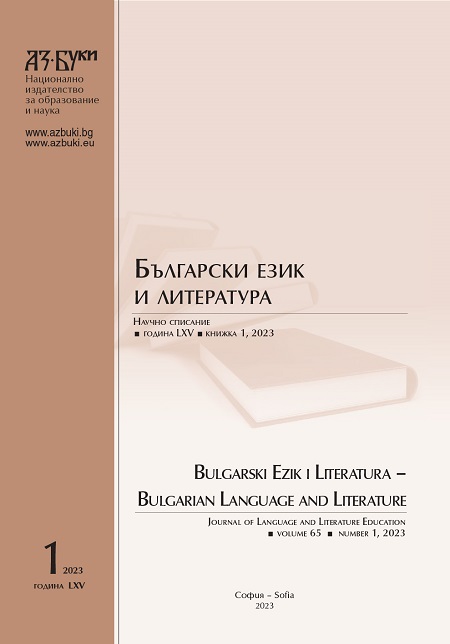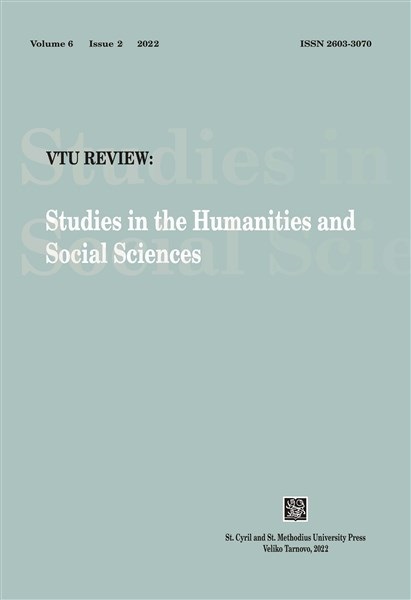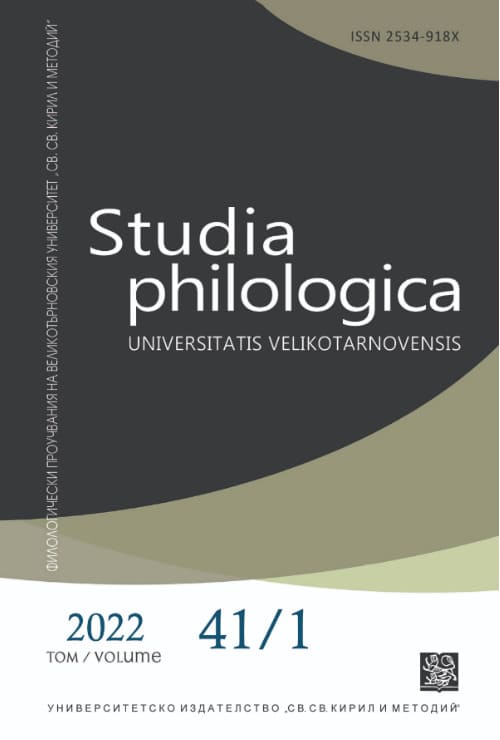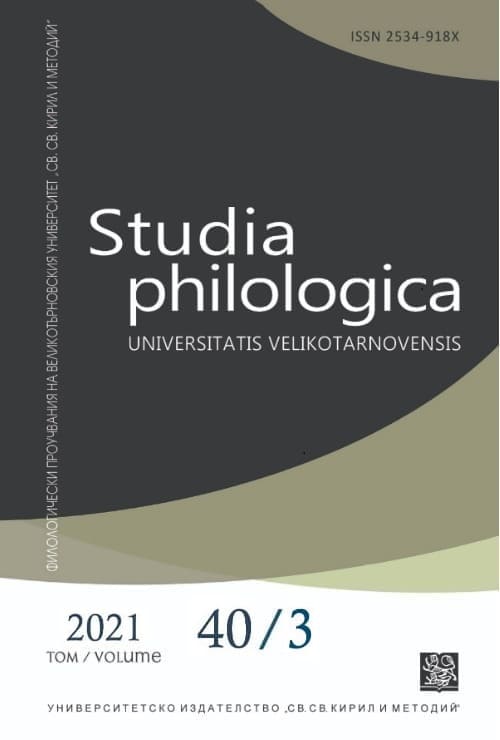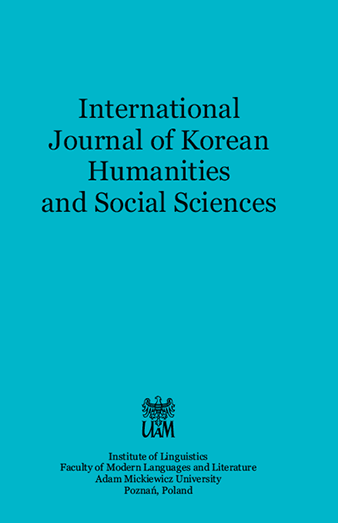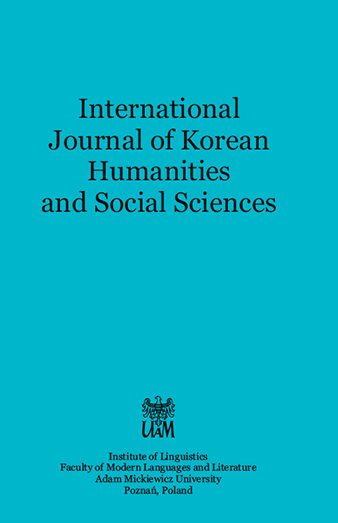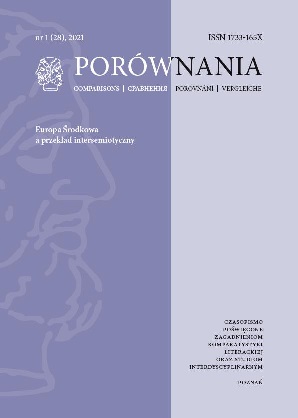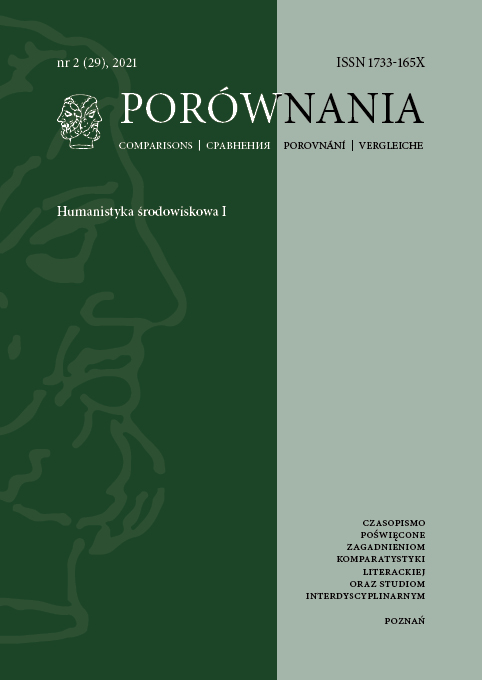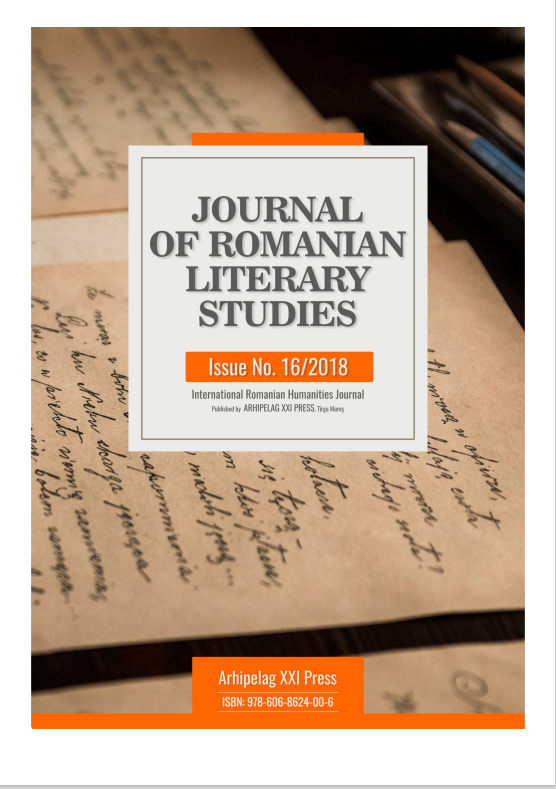Author(s): Alina Liliana Cozma / Language(s): Romanian
Issue: 16/2019
Magda Isanos, without a doubt, belongs to Modernism due to the literary age of which it is part, but especially thanks to the content of her texts and their forms. The bessarabian wrote mainly lyrical lyrics and after reading them, one could notice the appetite for the imperfect rimes, feminine, for the technique of enjabambament illustrated in texts such as Fever, Angels, Forest etc., features that frame the work in modernism. Promoting the white line is also a feature of the literary trend mentioned. The structure of the texts consists of an invariable number of verses, their placement in the page, the constant use of pauses and suspension points, which notes the emotional pauses of the poetic ego, again illustrates the fact that Magda Isanos can be integrated into the modernist era. The genre of poetry by Magda Isanos brings to light a mitopoetic culture, characteristic of the great creators of virtual worlds. This is spurred by the eminescian poetics, but it is influenced, in particular, by interwar intellectual writers Tudor Arghezi and Lucian Blaga. The poetry of Magda Isanos has blagian influences, because it is always under the disturbing cham of the mistery, enhancing the mtaphysical feeling of existence. Also, the author has a model, as I mentioned, Tudor Arghezi, the writer from whom she borrows the religiosity that originates in reproaches, riots and psalms. For the efficiency of this research, I chose to use, as critical methods of analysis and interpretation, the thematic critique, psycho criticism, positivist critique, and the technique of overlapping the texts of the three authors, aiming to highlight the common aspects and their own texts to each writer.
More...
